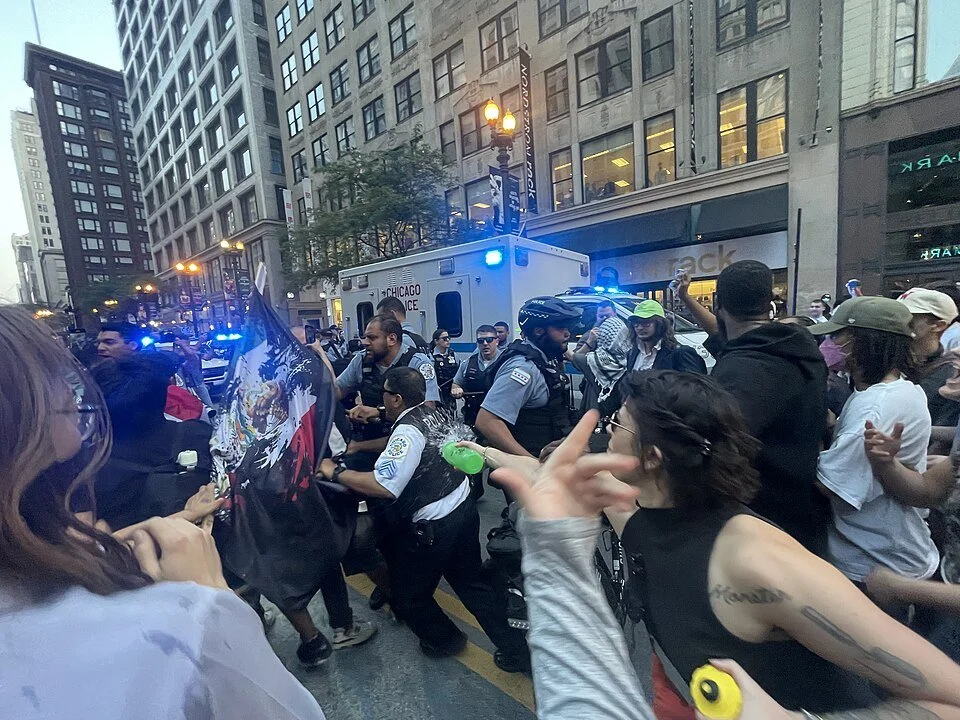A little over a week ago, Chicago Mayor Brandon Johnson publicly called on the United Nations Human Rights Council to send independent experts to Chicago to investigate the ongoing abuses at the hands of federal immigration officials. Thirteen months ago, we would not have believed that our Mayor would be calling on the United Nations to investigate the federal government waging war on our home city. Given the bloody history of this country, it would not be correct to say this is shocking. More so, the swift descent to where we are now, barely ten months into this administration’s reign of power, is profoundly unsettling. Whatever rule of law the United States could ever claim to have—even if it only benefitted the privileged—is gone. Despite district courts’ restraining orders, federal agents continue to use chemical weapons, projectiles, and violence against their own people. Our own government appears to be wantonly trampling on our rights; and we are barely ten months in.
Investor State Dispute Settlement: Just for Corporations?
I’ve been toying with the idea of whether Investor State Dispute Settlement (ISDS) tribunals could be used for anything but evil. Rather than repeat the many, many detailed and well-researched critiques of ISDS, this post is about whether ISDS could be used to benefit the public, rather than just expand corporate power.
I see two ways to approach this: (1) by redefining who could be a “foreign investor”, and (2) by exploring human rights counter-claims brought by governments.
Corporate Accountability as a Club Good
One of the reasons I find Corporate Accountability Lab (CAL) so exciting is that it creates a space from which we can design and test interdisciplinary, praxis-driven experiments to stop corporate abuse. As we collectively struggle to properly diagnose the structural failures that have led to the current crisis of corporate impunity, I’m trying to work out whether or not it would be fair to understand corporate accountability in our justice system today as a club good, as opposed to a public good. If we can fairly characterize corporate accountability--holding corporations legally accountable for harms they’ve committed--as a club good, we can better expose the structural faults we collectively seek to repair.







